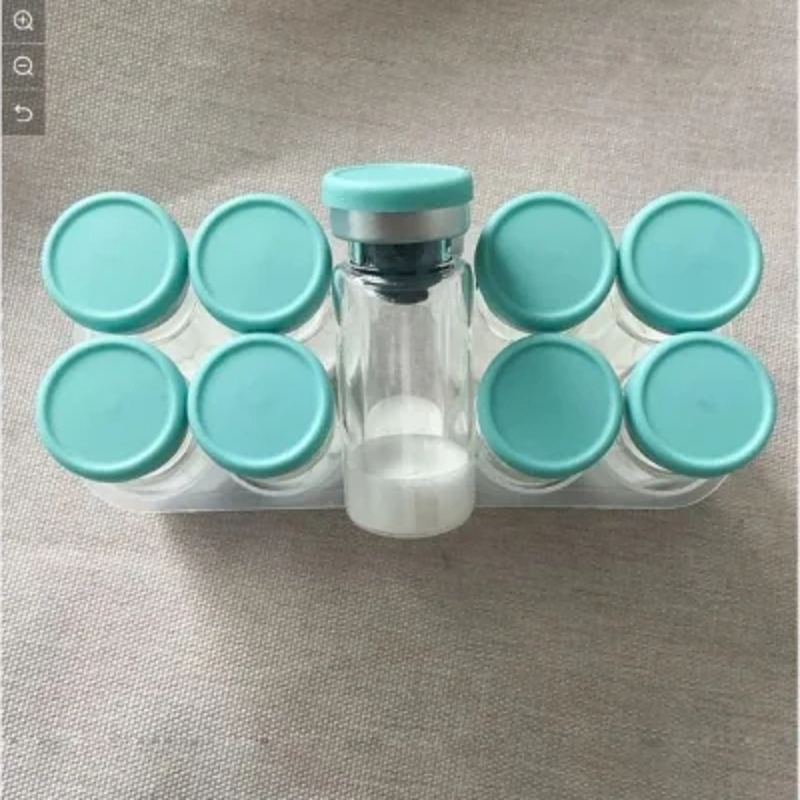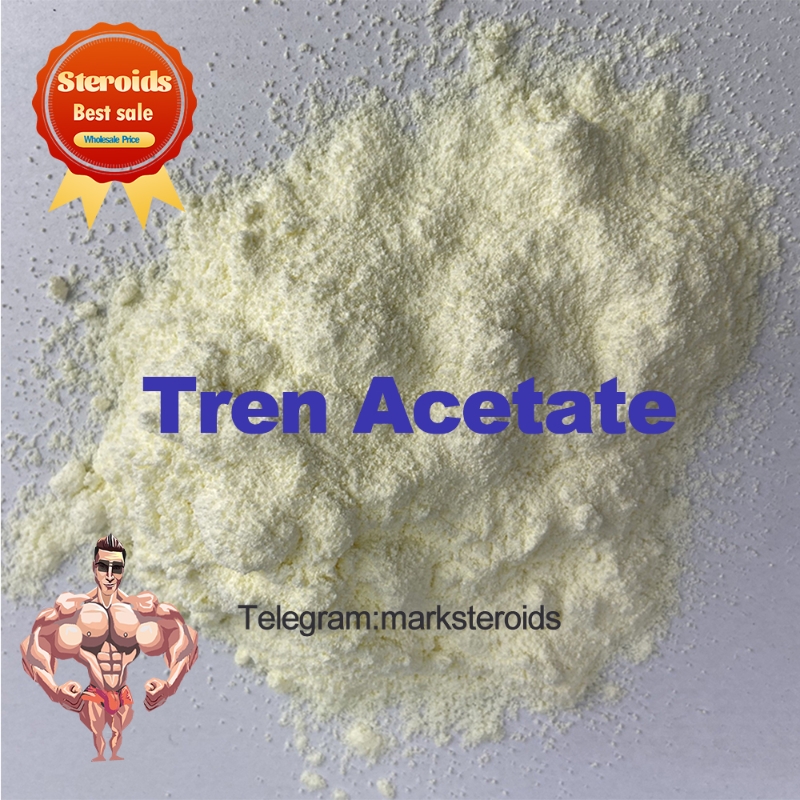-
Categories
-
Pharmaceutical Intermediates
-
Active Pharmaceutical Ingredients
-
Food Additives
- Industrial Coatings
- Agrochemicals
- Dyes and Pigments
- Surfactant
- Flavors and Fragrances
- Chemical Reagents
- Catalyst and Auxiliary
- Natural Products
- Inorganic Chemistry
-
Organic Chemistry
-
Biochemical Engineering
- Analytical Chemistry
-
Cosmetic Ingredient
- Water Treatment Chemical
-
Pharmaceutical Intermediates
Promotion
ECHEMI Mall
Wholesale
Weekly Price
Exhibition
News
-
Trade Service
JINAN, Dec.
2, 2022 /PRNewswire/ -- Qilu Pharmaceutical is one of the leading large-scale comprehensive modern pharmaceutical enterprises in China, integrating R&D, production and sales of finished preparations and APIs
.
On December 2, 2022, at the 2022 Asian Congress of the European Society of Oncology (ESMO), Qilu Pharmaceutical announced the results of the phase II clinical study of QL1706 combined with chemotherapy +/- bevac in the treatment of advanced non-small cell lung cancer in the form of
posters (325P, 332P).
QL1706 is a novel anti-PD-1 IgG4 and anti-CTLA-4 IgG1 combination antibody that can block both PD-1 and CTLA-4 targets at the same time
.
In the Phase I study, QL1706 showed good anti-tumor efficacy
in patients with advanced solid tumors, including patients with non-small cell lung cancer.
This report is a phase II, open-label, single-center clinical study (NCT05329025)
in the treatment of patients with advanced non-small cell lung cancer with QL1706 combined with chemotherapy +/- beva.
The study subjects were patients with advanced non-small cell lung cancer with epidermal growth factor receptor (EGFR) wild-type and mutant type
.
By the end of the data, a total of 29 patients with EGFR wild-type advanced non-small cell lung cancer were enrolled and treated with QL1706 5 mg/kg combination chemotherapy (paclitaxel plus carboplatin or pemetrexed plus carboplatin) every 3 weeks (Q3W) and QL1706 5mg/kg Q3W maintenance therapy after 2 cycles until disease progression or other discontinuation events
.
The median follow-up was 9.
17 months
.
The objective response rate (ORR) was 58.
6% (of which squamous NSCLC: 70.
6%; Non-squamous NSCLC: 41.
7%)
.
The disease control rate (DCR) was 93.
1% (27/29).
The median progression-free survival (mPFS) was 6.
97 months
.
Fig.
1 Optimal change of target lesion from baseline (EGFR wild-type population)
A total of 31 patients with EGFR mutant advanced non-small cell lung cancer were enrolled, and all patients were intolerant to epidermal growth factor (EGFR) tyrosine kinase inhibitor +/bevacizumab/anlotinib or disease progression
after treatment.
Patients receive QL1706 5 mg/kg combination chemotherapy (pemetrexed plus carboplatin) and bevacizumab every 3 weeks (Q3W) for 4 cycles, followed by QL1706 5 mg/kg plus pemetrexed and bevacizumab maintenance therapy (Q3W) until disease progression or other discontinuation events
.
The median follow-up was 5.
75 months
.
The ORR was 64.
5% (20/31) and the DCR was 93.
5% (29/31).
PFS has not yet been achieved, with a 6-month PFS rate of 61.
3%.
Fig.
2 Optimal change of target lesion from baseline (EGFR mutant population)
Overall, QL1706 in combination with chemotherapy showed good, controllable safety profiles, and its safety profile was consistent with
those reported with chemotherapy or anti-PD-1 plus anti-CTLA-4 therapy.
Ms.
Kang Xiaoyan, Head of Clinical Research Center of Qilu Pharmaceutical, said: "We are pleased to announce the latest results of
QL1706 combined with chemotherapy +/- Bevac in the treatment of advanced non-small cell lung cancer.
Based on this study data, we are planning and deploying more phase III clinical studies of QL1706 for the treatment of NSCLC, and hope to bring more treatment options to patients with advanced non-small cell lung cancer in the future.
"







